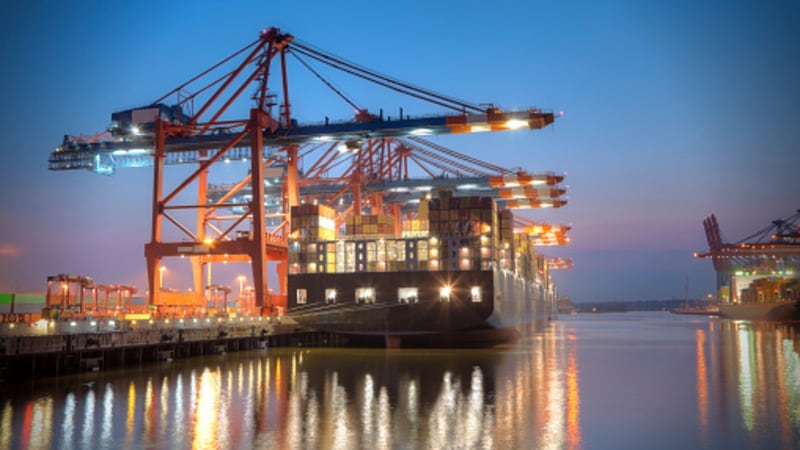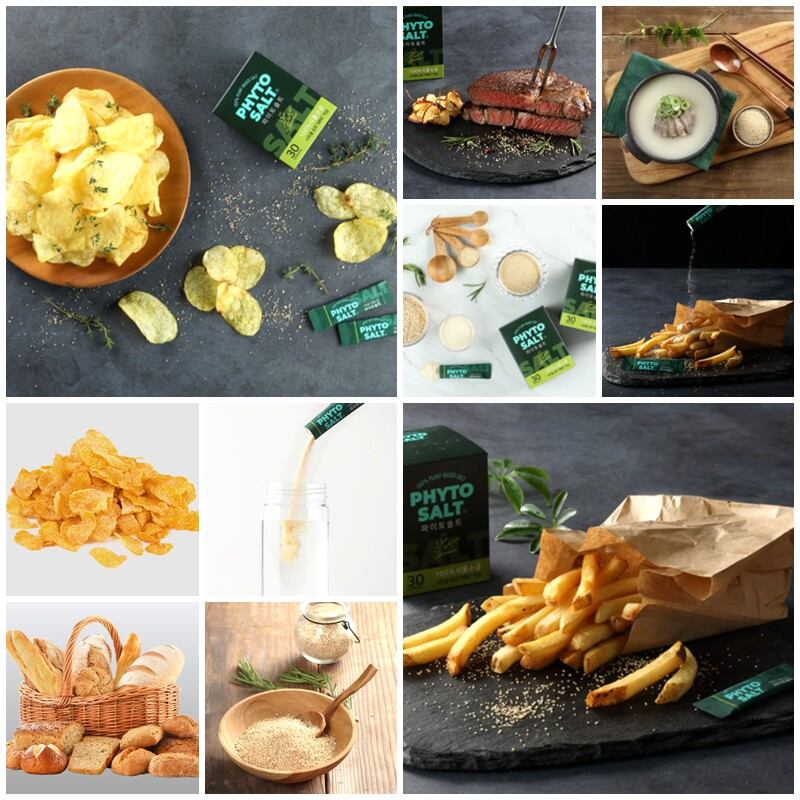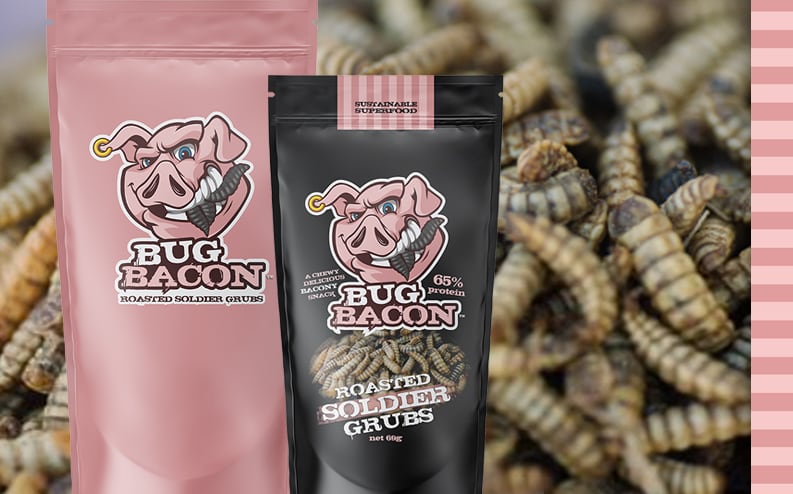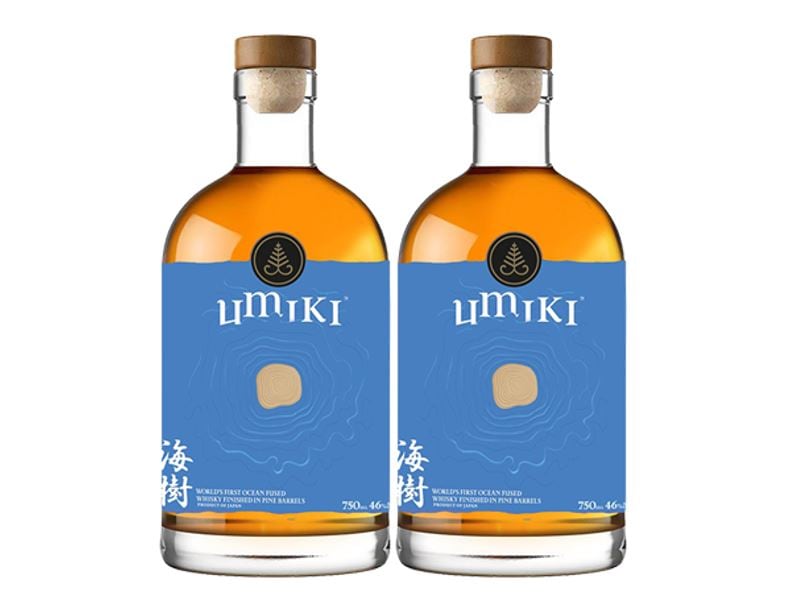The country is anxious to restart its economy and resume trade ties, as can be seen by its insistence on continuing to ease lockdown measures despite a new COVID-19 cluster popping up in Seoul right after nightclubs and bars reopened.
In terms of food and beverage imports, the South Korean Ministry of Food and Drug Safety (MFDS) has waived the need for original import declaration documentation to be received before food imports are cleared for entry, citing difficulties in international postage shipment.
“Due to the spread of COVID-19, there have been cases in which customs clearance [of food products] have been delayed due to delays in sending [the relevant] original documents with import declarations, especially from the United States and Europe,” said MFDS in a formal notice.
“This is due to delayed shipments of international mail (whether via EMS post, International Express, or others) due to COVID-19, so [for now] the following will be accepted: 1) A colour-scan or photograph of the document to be submitted, and 2) A confirmation letter from the importing company detailing the scheduled date that the original document will be submitted and reason for submission difficulty.”
Non-submission due to COVID-19 related international shipping issues will only be accepted as a reason if the shipment is confirmed to face delays, and the original document must still be submitted at a later date.
In addition, authorities will now also accept photocopies of organic certification documents for organic food from the United States (USA) and the European Union (EU).
“With the spread of COVID-19 in Europe [and] the United States, we have decided to allow a grace period on submissions of the original Korean National Agricultural Products Quality Management Service (NAQS) import certificate for organic processed foods imported from [these areas],” said MFDS.
“That said, once the situation normalises, a letter from the certifying body to submit the original certificate must be sent in.”
Labelling
The Korea Food Industry Association (KFIA) also announced that regulations have been relaxed for country-of-origin labelling of food items, given that many food companies’ supply chains are likely to have been disrupted due to the outbreak.
“The Ministry of Food, Agriculture, Forestry and Rural Affairs has taken into consideration the difficulties of food companies with high dependence on imported raw materials due to the recent global spread of COVID-19, [and] has decided to suspend origin labelling temporarily,” said the KFIA.
“[This means that companies] do not need to label the country of origin (country name) of the imported raw materials used on the packaging of their respective food/agricultural products.”
This move will undergo a probationary period until 12 June 2020, and companies wishing to take advantage of this loosening of rules will need to send in an application form and related documentation. Details on these can be found here (Link in Korean).
Importantly, only applications from companies that import and use imported raw materials originating from countries that have implemented measures such as movement restrictions, national blockades, and/or closure of industrial facilities will be accepted.
Japan also loosened regulations
South Korea is not the only country in the region to have relaxed regulations in hopes of restarting its economy. Its neighbouring Japan also temporarily loosened food labelling regulations to help food manufacturing firms that need to make changes to their raw material supply chain in light of COVID-19.
“Food-related businesses that had planned to make changes to their raw material supply chains may not be able to immediately respond [with packaging and labelling changes, which] could cause production to be delayed, and may in turn hinder the smooth production and distribution of food,” said Japan’s Consumer Affairs Agency in a statement.
“As such, when it comes to the labelling of food ingredients/raw materials and so on, any discrepancies between the [label and the actual ingredients used] must be published online via announcements or websites in a timely and appropriate manner, but no crackdowns will carried out for now.”





